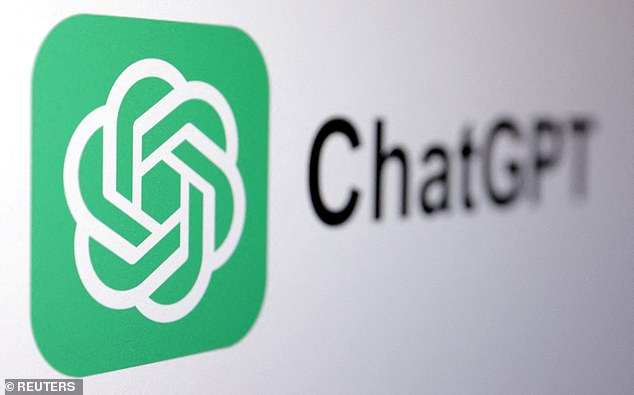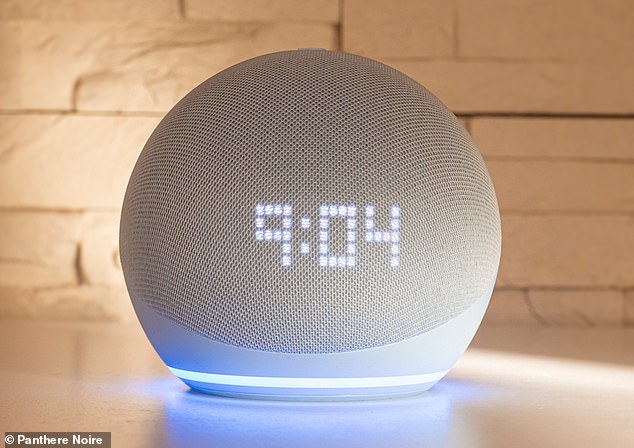Amazon is secretly working on a ‘ChatGPT killer’ bot that will act as your own personal ‘AI agent’ – capable of booking flights or turning off your lights, report claims
Tech companies are scrambling to keep up with the race for AI supremacy, and it seems Amazon is no different.
The tech giant is secretly working on an AI chatbot that it hopes will lure users away from ChatGPT, according to a report.
Amazon’s ‘ChatGPT killer’ – named ‘Metis’ after the Greek god of wisdom – will likely be launched at its fall product event, expected to take place in September.
When requested, Metis will return current text information in a ‘conversational manner’, as well as images.
But its capabilities go even further, performing ‘complex’ tasks like turning on your lights and booking a flight for you – acting as an ‘AI agent’.
Amazon is secretly preparing a ‘ChatGPT killer’ called ‘Metis’ that will return text in a ‘conversational way’
The report was published by Business insiderwhich cites an “internal document” and “people familiar with the project” at Amazon.
“Amazon is working on a new AI service to compete with ChatGPT,” it said.
“The tentative launch date for Metis is September, right around the time Amazon hosts a big Alexa event.”
Like ChatGPT, Metis will be accessible via a web browser, the report said, but it may also eventually be available via an Amazon app.
Like ChatGPT, Metis will feature retrieval-augmented generation: the ability to retrieve information beyond the original data it was trained with.
But Amazon wants to make it a smarter and more capable helper than ChatGPT, by creating an “AI agent” that isn’t just focused on returning facts.

With Metis, Amazon joins an already crowded AI chatbot market driven in large part by the popularity of ChatGPT
It has already been revealed that Amazon plans to equip its smart assistant Alexa with more powerful AI capabilities.
At this point it’s unclear if this is a separate project at Amazon or if Metis will be integrated with Alexa somehow.
MailOnline has contacted Amazon for comment, but the tech giant is not expected to make any major public revelations before its September event.
In April, Amazon CEO Andy Jassy admitted that the company has been working on its own “LLMs,” or large language models: AIs that can understand and generate text in human language.
“Let’s just say LLMs and generative AI will be a big deal for customers, our shareholders and Amazon,” he said.

Amazon is planning a major overhaul of Alexa with a conversational generative AI. Alexa will power the company’s Echo smart speakers (pictured)
Business Insider says Amazon is “trying to catch up in the AI race,” especially in consumer AI assistants, which have been “a missing spot” for the tech giant.
The big tech rivals already have their own AI chatbots, including Google (Gemini) and X (Grok), while Microsoft and Apple now have integrations with ChatGPT.
Amazon has already introduced a chatbot called Q, although it helps with business queries and is not designed for general use for news, weather and facts.
Skills include summarizing meetings, explaining programming code, and locating information from hundreds of business documents.
